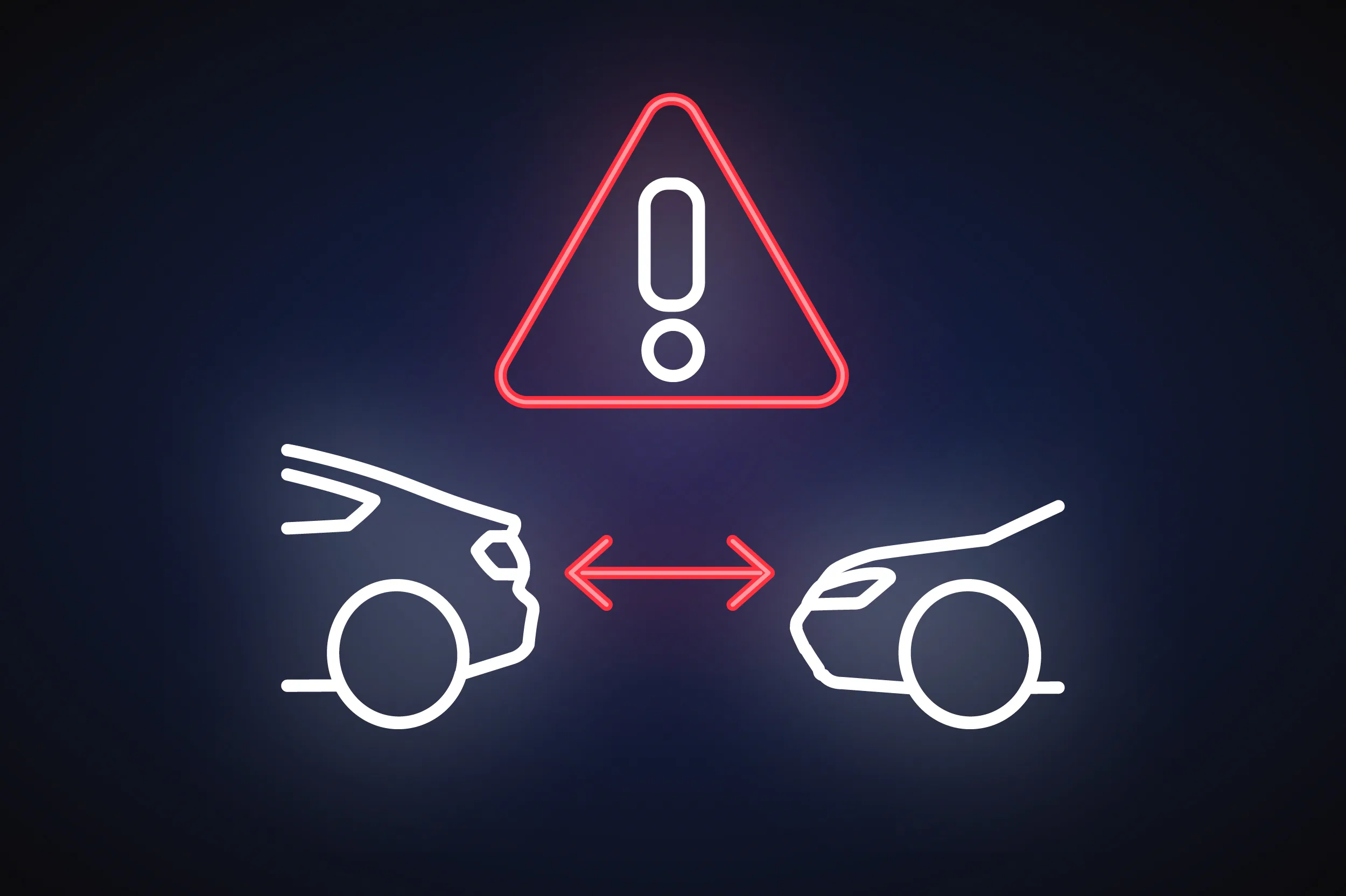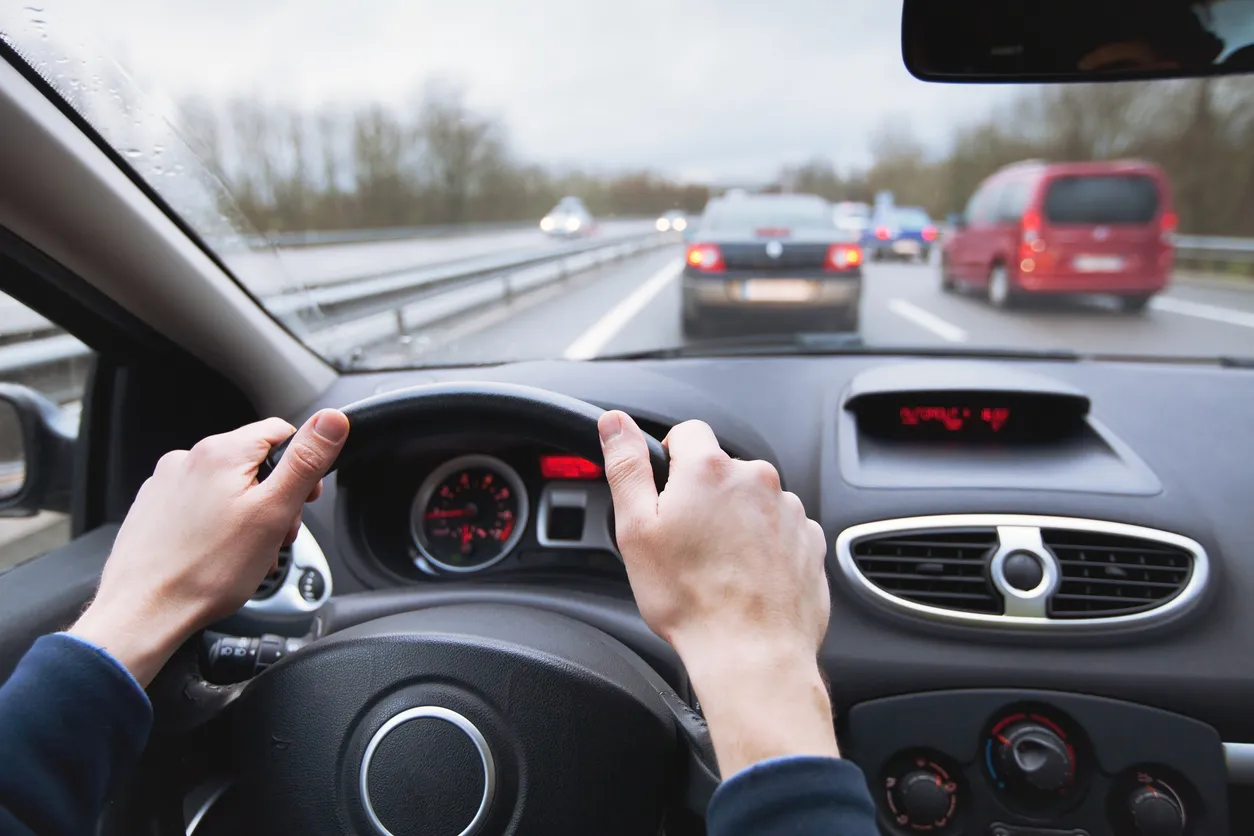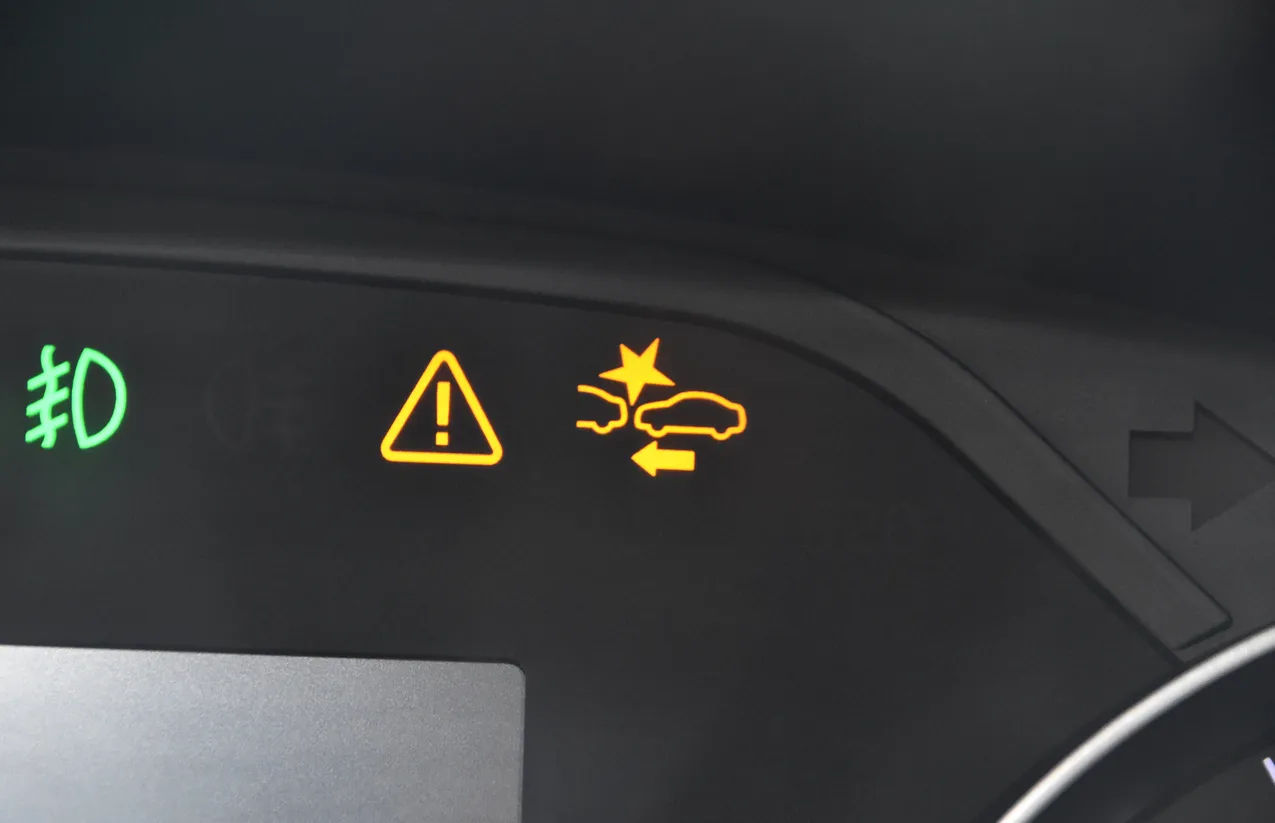What Is Forward Collision Warning: How Does It Work?

One of the biggest issues modern vehicles face is forward collision because of distracted driving or because the driver isn't giving drivers in front enough space when following them. By following too closely, you don't leave yourself enough time to brake during emergency situations, and you are more likely to collide with the driver ahead of you. That's why forward collision warning systems were invented and why they come on many new vehicles today.
These specialized systems help alert you when you're following too closely and also when you're approaching a vehicle too quickly. When doing either of these two things, you are more likely to get into an accident, and modern vehicles try to help you avoid the issue entirely. If your vehicle has one of these alert systems, or you're thinking of buying a new vehicle, it's important to understand how an FCW car system works and how you can use it to drive more safely.
What Does FCW Mean in a Car?
FCW stands for forward collision warning, and when a car has one of these systems, it comes with sensors designed to warn the driver when they are more likely to collide with the vehicle ahead. The sensors help you achieve a healthy following distance for the vehicle ahead of you, and they also give you beeps or vibrations when you should be slowing down to avoid a potential collision.
These little sensors are powerful devices that can help you avoid serious accidents, and they are easy to work with. Once you get used to having them on your vehicle, you will begin to rely on them to stay safer and to know when you're going to make a dangerous mistake.
How Does a Forward Collision Warning System Work
 There are many different types of forward collision systems or collision avoidance systems, but most use similar technologies. These systems either rely on radar or cameras to see the vehicles ahead of you. The systems monitor these sensors to determine whether you're getting closer or farther from the vehicle ahead of you and to learn how much distance is between you and the other vehicle.
There are many different types of forward collision systems or collision avoidance systems, but most use similar technologies. These systems either rely on radar or cameras to see the vehicles ahead of you. The systems monitor these sensors to determine whether you're getting closer or farther from the vehicle ahead of you and to learn how much distance is between you and the other vehicle.
When the system knows all these things, it can decide when you're following too closely and when you're likely to drive into the vehicle. Once the system understands when you're driving dangerously, it can provide you with one of several different alerts.
A Quick Guide to What an FCW System Does
- Scans the road ahead to determine where other vehicles are located
- Compares your speed and the position of vehicles ahead to determine when you're driving too fast
- Puts up a warning light when you're following a bit too closely but not in immediate danger
- Beeps or sends out a vibration when you're likely to collide with a vehicle ahead
When you're following a vehicle too closely, the vehicle will usually show off a subtle light informing you that you're making a minor driving mistake. You can look for the little amber light to decide that you should back off of the other vehicle until the light turns green or turns off. Many of these forward collision systems will help train you to avoid following other automobiles too closely.
When you are quickly approaching another vehicle, and the system believes you are going to crash into the other vehicle, it moves beyond a simple light and will either start beeping or vibrating part of your vehicle. These warnings are more serious, and you need to take immediate action to avoid an accident.
When you get used to the beeps or vibrations offered by this system, you'll know to slow down when you hear them, and you'll be less likely to crash into someone because of distracted driving. Between these two different types of warnings, you have more knowledge about what's happening on the road around you and how you should respond to the other vehicles ahead of you.
It's important to note that these systems won't brake your vehicle for you and will only inform you that you need to slow down or brake yourself. That means if you hear or feel the warning signs and ignore them, you will still get into an accident. The systems only help prevent accidents; they don't resolve them for you.
Select a Vehicle with a Collision Warning System
A vehicle that comes with a collision warning system is going to be safer for you to drive on a daily basis. These systems come standard on many newer vehicles, but you'll have to look for cars and trucks with the technology before making a purchase. Read through all the specifications for a particular vehicle to look for things like forward collision warning systems, blind spot sensors, adaptive cruise control, and more.
These powerful safety features will help you stay safer on the road and will help you avoid potential accidents regularly. While looking into different new and used vehicles for purchase, you should consider things like a car history report too. These simple reports let you see the history of a specific vehicle that's for sale. With one basic report, you'll know how many owners the vehicle has had, what accidents it has been through, what the odometer says, and much more. Get all this information before making a vehicle purchase, and you'll get a car that has the features you want and that has been cared for well.
Potential Issues with Your Collision Avoidance System
 While an FCW system is useful to keep you safe while driving, these systems have problems that prevent them from functioning properly in some conditions. If there is snow or ice on your vehicle, the sensors may be covered and left non-functional. You should try to clean off any obstructions before driving.
While an FCW system is useful to keep you safe while driving, these systems have problems that prevent them from functioning properly in some conditions. If there is snow or ice on your vehicle, the sensors may be covered and left non-functional. You should try to clean off any obstructions before driving.
The same could be true if you have mud or other debris on the front end of your ride. Keep your vehicle clean, and your warning systems should function more reliably as a result. These systems may also malfunction during certain daylight driving conditions. When the glare from the sun is just right, the alerts may not work as well as they should. Keep these problems in mind before you start driving, and you'll be aware that your alerts won't always be the most reliable.
A car equipped with a forward collision warning system isn't guaranteed to keep you out of accidents, but it should be a little safer to drive. These specialized systems are simple to use, but you will have to take some time to learn what the different warnings mean and to learn how to use them when making driving decisions. Once you adapt to the warning lights, beeps, and vibrations, you'll drive more safely and will be able to respond to more conditions on the road, even if you don't notice them with your eyes.
FREE Vehicle Search
- Accidents
- Problem Checks
- Title Records
- Recalls
- Values
- Specs
-
InfoPay, Inc. (dba GoodCar) is an Approved NMVTIS Data Provider
-
-

















































